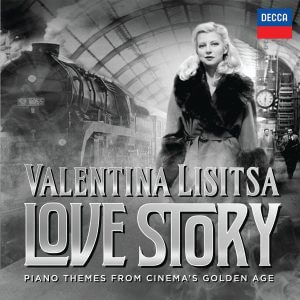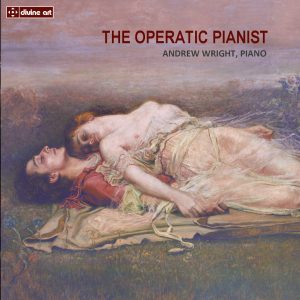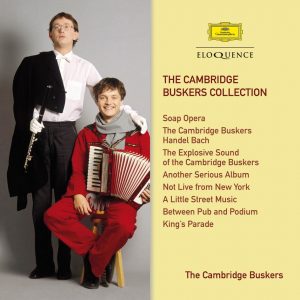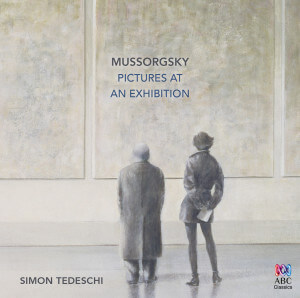Valentina Lisitsa (piano)
BBC Concert Orchestra
Christopher Warren Green/ Gavin Sutherland, conductors
TPT:
reviewed by Neville Cohn
 For many, especially those of a certain age, the often nostalgia-drenched items in this selection of music from the movies will trigger many memories, some carefree and positive but also of consternation, even alarm, written as some of them were during the terrible years of World War 2. The Warsaw Concerto, in particular (and the movie Dangerous Moonlight), drew enormous audiences during those anxious times – and Valentina Lisitsa is stylistically impeccable here and, indeed, in all the other tracks.
For many, especially those of a certain age, the often nostalgia-drenched items in this selection of music from the movies will trigger many memories, some carefree and positive but also of consternation, even alarm, written as some of them were during the terrible years of World War 2. The Warsaw Concerto, in particular (and the movie Dangerous Moonlight), drew enormous audiences during those anxious times – and Valentina Lisitsa is stylistically impeccable here and, indeed, in all the other tracks.
The writer recalls, as a child, listening to his parents and friends discussing the progress or otherwise of the war – and hoping that we’d not be overrun by the terrible German Nazis.
Richard Addinsell’s trashy Warsaw Concerto unashamedly cribbed Rachmaninov’s romantic style of writing – and it had huge success. People couldn’t get enough of it and it remains especially meaningful to the now dwindling numbers of people who saw the movie Dangerous Moonlight. Pianist Louis Kentner’s 78rpm recording of the concerto sold by the bucket load.
Lisitsa sounds in her element in Hubert Bath’s Cornish Rhapsody in Love Story (1944). Bath, incidentally, wrote the score for the first ever British all-talking movie – Alfred Hitchcock’s Blackmail (1929).
Unlike today when CDs are freely available at relatively modest prices, the 78rpm shellac records of the war years – and on into postwar years until LPs took over in the mid-1950s – had to be looked after very carefully in case dust got into the grooves
or dropped with usually irreversible damage due to its brittleness.
Lisitsa, a first rate pianist, is able to adapt chameleon-like to whatever style and/or mood are required. Whether gentle, romantic, introspective, confrontational or heroic, Lisista is entirely convincing..
I liked the Mansell concerto, a gentle, quiet little obeisance to George Gershwin. And the exquisitely lyrical Dream of Olwyn will also trigger memories for many older listeners. It’s beautifully played. But the Rhapsody from Alfred Hitchcock’s Stage Fright (starring Marlene Dietrich) hasn’t worn well.




